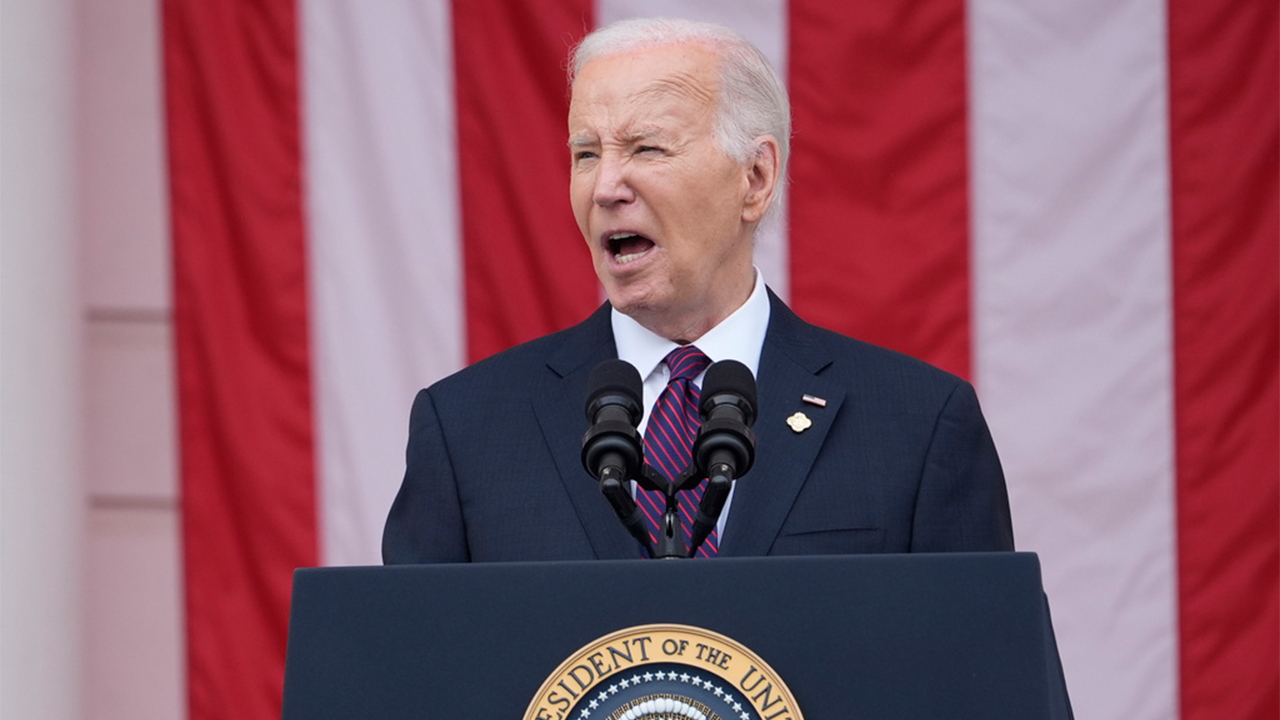Europeans are spending less time at work, and governments would like them to get back to the grindstone. That is the thrust of measures German, Dutch and British ministers have been examining to persuade part-timers to take on more hours, and full-timers to embrace overtime.
But the evidence suggests it will be an uphill battle — and that authorities worrying about a shrinking workforce would do better to help people who might otherwise not want a job at all to work a little.
Rising prosperity is the main reason the working week has shortened over time, as higher productivity and wages have allowed people to afford more leisure. In Germany, for example, it has roughly halved between 1870 and 2000. Across the OECD, people are working about 50 fewer hours each year on average than in 2010, at 1,752.
Average hours have fallen more in recent years because the mix of people in employment has changed, with more young people studying, more mothers working, older people phasing their retirement and flexible service sector jobs replacing roles in the long-hours manufacturing industry.
The latest post-pandemic drop in European working hours is more of a puzzle. The European Central Bank estimated that at the end of 2023, Eurozone employees were on average working five hours less per quarter than before 2020 — equivalent to the loss of 2mn full-time workers.
There has been a similar shift in the UK, where average weekly hours are 20 minutes shorter than in 2019 at the end of 2022. The Office for National Statistics says this was driven by lower full-time hours among prime-age men and was equivalent to having 310,000 fewer people in employment.
The trend appears to be a European one — there has been no such recent change seen in the US, which simply laid people off during the pandemic rather than putting them on furlough.
One explanation is that employers have been “hoarding” labour — keeping staff on in slack periods while cutting hours, because they are worried they will not be able to hire easily when demand picks up. The ECB thinks this has been a factor, along with a rise in sick leave and rapid growth in public sector jobs.
But Megan Greene, a BoE policymaker, said earlier this month that while there was some evidence of labour hoarding, it was also “plausible that . . . workers may just want a better work-life balance”.
Researchers at the IMF who examined the puzzle reached a similar conclusion. They said the post-Covid drop in working hours was in fact an extension of the long-term trend seen over the past 20 years, which reflected workers’ preferences — with young people and fathers of young children driving the decline. The biggest change was in countries where incomes were catching up with richer neighbours.
Some economists, however, believe the experience of lockdowns has made people more willing to trade pay for a less pressured lifestyle, and more able to walk away from jobs with antisocial hours.
“A lot of people started to pay more attention to their health,” said one Frankfurt-based economist, noting that Germany, with one of the sharpest drops in working hours, suffered from high rates of depression and other mental health conditions, along with the UK.
Spain has traditionally been at the other extreme. It has some of the longest working hours in Europe — combined with a long lunch break that means many employees cannot clock off till late in the evening, with family life, leisure and sleep patterns all suffering as a result.
But even here, habits are changing. Ignacio de la Torre, chief economist at Madrid-based investment bank Arcano Partners, thinks Spanish bars and restaurants have struggled to fill vacancies since the pandemic because former waiters have begun training for better jobs.
In many countries, unions have made shorter hours a focus of collective bargaining, and some employers are experimenting with offering four-day weeks — or more flexible working patterns — as a way of attracting staff.
The shift in habits is a challenge for European policymakers. Since productivity growth has been weak, they fear that shorter hours will exacerbate labour shortages, fuel inflationary pressures, hold back growth and make it harder to fund welfare systems.
Unless productivity growth improves, de la Torre argues, the only way to boost economic growth is to bring more people into the workforce, embrace immigration or work longer. It is unrealistic to earn the same while working less: the outcome would be “a lower salary at the end of the month”.
But Anna Ginès i Fabrellas, director of the Labor Studies Institute at the Esade law school, cites evidence that young people are willing to accept this trade-off, valuing free time “when they assess the quality of a job”.
Some policymakers think shorter hours and greater wellbeing should be the goal. Spain’s minister of labour, Yolanda Díaz, caused uproar earlier this year by suggesting restaurants should no longer open into the small hours, and the governing coalition has pledged gradual cuts to the legal maximum working week.
The IMF’s researchers made a more pragmatic argument.
Governments can and should do more to help people who want longer hours, they said, including supporting retraining, job-hunting and childcare, as well as promoting flexible work and removing perverse incentives in tax and benefit systems.
This will have only a small effect, the IMF estimates. Some policies will simply “reshuffle hours” between mothers and fathers. But in general, most people will want to work slightly less provided their living standards advance. That means there’s a limit to what policymakers can do.
A more realistic goal, the IMF reckons, is to raise the total number of hours worked across the economy, not least through better parental leave policies that could bring more people into work in the first place. Recent trends in the EU are promising: participation in the workforce has risen since 2020.
This feels like the better approach. If employers offer better part-time and flexible roles, people who might otherwise stay outside the labour force entirely might at least work a little — and be happier for it. That would be more productive for governments than pushing against the tide.
delphine.strauss@ft.com



























